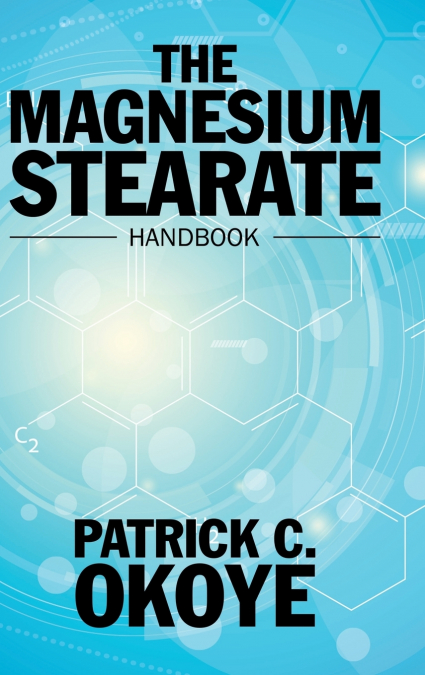
Patrick C. Okoye / Patrick COkoye
 Librería Perelló (Valencia)
Librería Perelló (Valencia)
 Librería Aciertas (Toledo)
Librería Aciertas (Toledo)
 Librería Elías (Asturias)
Librería Elías (Asturias)
 Donde los libros
Donde los libros
 El AlmaZen del Alquimista (Sevilla)
El AlmaZen del Alquimista (Sevilla)
 Librería Kolima (Madrid)
Librería Kolima (Madrid)
 Librería Proteo (Málaga)
Librería Proteo (Málaga)
Magnesium stearate (MgSt) is widely used in cosmetic, food, and pharmaceutical formulations as lubricant in capsule and tablet manufacture at concentrations between 0.25% and 5%. A recent review of the top two hundred prescription drugs showed over 50% contained magnesium stearate. This book covered a broad spectrum of concentration from 1% to 10% for the purpose of presenting their unique properties during powder rheology, tableting, and effect on drug dissolution. MgSt also has both scientifi c and economic signifi cance, given its wide application in global pharmaceutical manufacturing. An understanding of polymorphism (or pseudopolymorphism) in magnesium stearate and the impact on tablet lubrication process and drug dissolution would provide a valuable tool to pharmaceutical scientists during excipient selection process for new product development and even during reformulation of existing products. Preformulation scientists spend a great deal of time reviewing excipients for new product development both in silico and on the bench. As a result, accurate selection of excipients, such as lubricants, could avoid potential issues with clinical batches, product scale-up, and product transfer during commercialization.